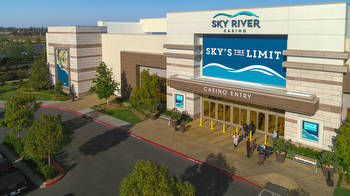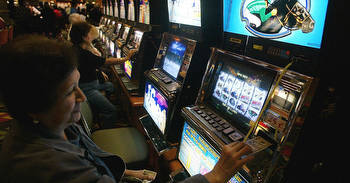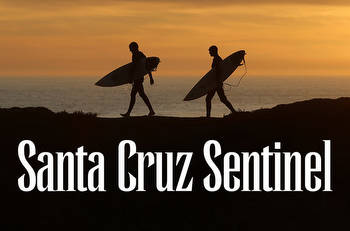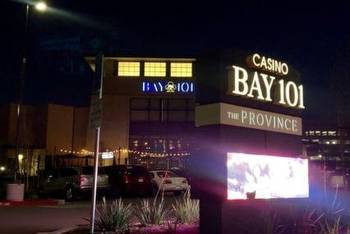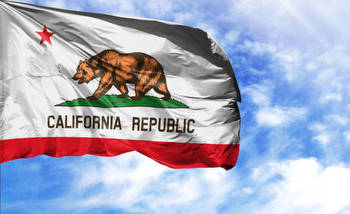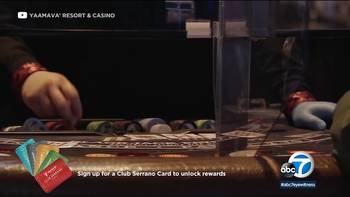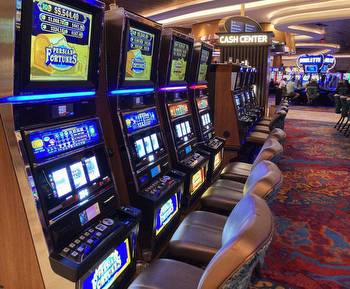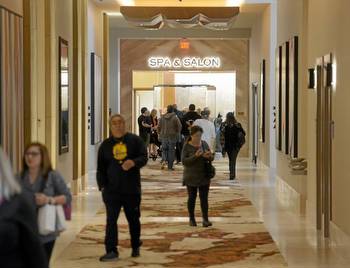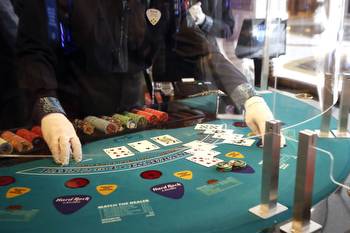Rival gambling initiatives vie for voters' attention
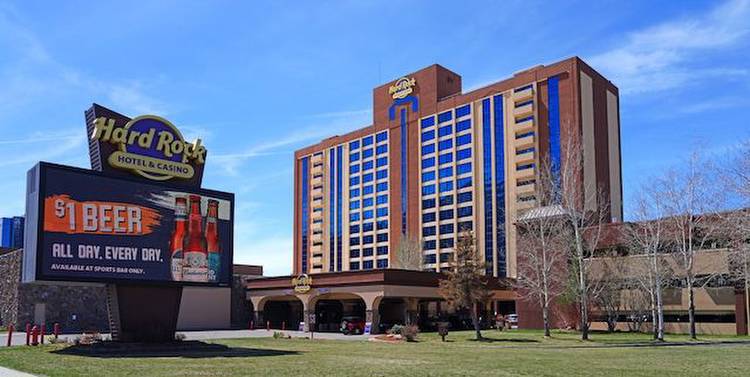
Voters are facing the possibility of deciding among three fiercely competing ballot initiatives next year – all of them involving tens of millions of dollars and a revolution in California’s gambling industry.
One of the three has already qualified for the November 2022 ballot. The remaining two must still gather signatures.
The already-qualified measure is sponsored by a coalition of Indian Tribes – The California Nations Indian Gaming Association (CNIGA) and the Tribal Alliance of Sovereign Indian Nations (TASIN). It would make currently illegal sports betting legal in tribal casinos and horse racetracks, but not online. It would also create a 10 percent tax on profits from betting at horse racetracks, with the income divided among the state’s Department of Mental Health, Bureau for Gambling Control and the General Fund.
Currently, 21 states, Puerto Rico and the District of Columbia allow online sports betting.
The first of the two other proposed initiatives would allow card rooms, Indian tribes, horse racetracks and professional sports teams to operate retail (face-to-face) and online sports betting operations.
The coalition of Indian tribes doesn’t like the idea of expanding gambling opportunities in card rooms, calling it “a massive expansion of urban casino gaming in California by letting card rooms offer Nevada-style games.” In previous discussions 0ver online gambling in California, the card rooms and tribes have often been at loggerheads.
The conflict among initiatives, which are all but certain to become more and more heated as 2022 wears on, poses a problem for Gov. Gavin Newsom.
The second proposed initiative would permit retail sports betting in Indian casinos and would allow tribes to partner with online betting organizations.
CNIGA and TASIN wasted no time in attacking the two potentially competing proposals
“These deceptive measures were written by and for the sole financial benefit of their corporate sponsors and founders,” Anthony Roberts, chairman of the Yocha Dehe Wintun Nation, said in a statement jointly issued by CNIGA and TASIN. “These measures would be bad for California and bad for tribes.”
The Indian tribes coalition operates 66 casinos in 28 counties, offering slot machines, lottery games, and card games on Indian lands.
(Disclosure: CNIGA and TASIN are financial supporters of Open California, Capitol Weekly’s parent organization.)
The conflict among initiatives, which are all but certain to become more and more heated as 2022 wears on, poses a problem for Gov. Gavin Newsom.
Backers of the two initiatives competing with the tribes’ proposal must gather about 997,000 signatures for each measure.
The Indian tribes contributed more than $3 million to defeat the Newsom recall earlier this year, while Bearstar Strategies, a key player in defeating the recall, is battling the tribes, as is Nathan Click, a former communications director for Newsom.
To qualify for the November 2022 ballot, backers of the two initiatives competing with the tribes’ proposal must secure signatures from registered voters that are equal to or total more than 8 percent of the votes cast in the most recent gubernatorial election. That would require at least 997 ,000 signatures.
The deadline is April 26, 2022.
One of the proposed ballot measures, The California Solutions to Homelessness and Mental Health Support Act, is backed by several sports betting entities, including BetMGM, and includes funding of $100 million for efforts to combat homelessness and provide mental health services.
“California is the holy grail of sports betting markets…” — Dustin Gouker
In a statement, BetMGM declared:
“California is one of the most important sports betting markets in the world, and BetMGM is committed to bringing legal, regulated mobile sports betting to the state. As we’ve seen in states where BetMGM currently operates, regulated sports betting brings in tax revenue that supports important causes – in this case finding solutions for homeless and mental health support. Mobile sports betting also creates jobs and through BetMGM’s partnership with GameSense, we ensure that mobile sports betting is delivered together with industry-leading responsible gaming protocols.”
Potentially huge amounts of money are involved.
Forbes estimated earlier this year that nationally, the sports betting market generated $1 billion in revenue during 2020, and there are predictions that total will grow to $6 billion by 2023.
As the nation’s largest state with a population close to 40 million, California could become the major player in that market.
Estimates of the size of California’s market vary wildly. One projection last year by PlayCA said there could be some $30 billion annually in wagers, generating some $2 billion in operator revenue and $300 million in state taxes.
“California is the holy grail of sports betting markets…” said Dustin Gouker, chief analyst for PlayCA.com.







